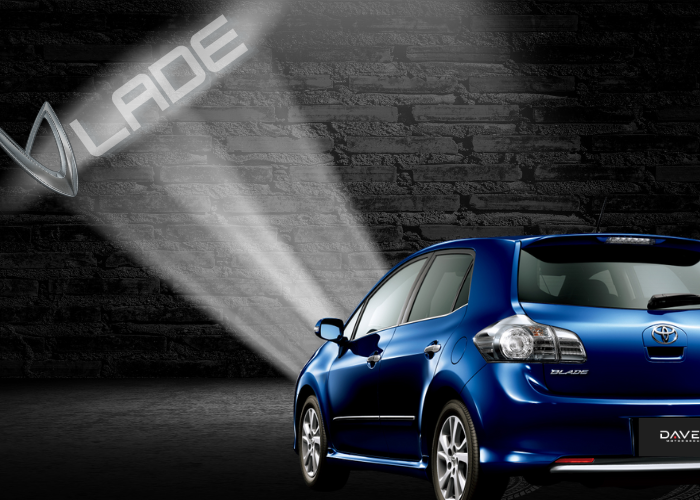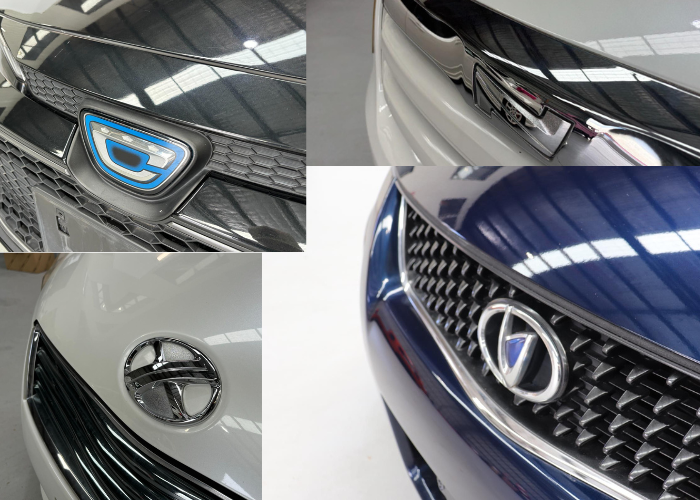What Is a Good Mileage for a Used Car in km?

When shopping for a used car, consider mileage as a key factor. But how many kilometres are too many? Understanding what constitutes good mileage for a used car can help you make a more informed decision. Though ultimately, it is all about what works for you.
Understanding Mileage
Mileage is a straightforward measure of a car’s life. It shows how much a car has been driven, which gives you an idea of the wear and tear on the vehicle. However, the significance of mileage can vary depending on several factors, such as the car’s make, model, and how well it’s been maintained. Because a car with low mileage but no service records is not necessarily better than one with high mileage and a meticulous service history.
What Is Good Mileage?
Generally, an average Australian driver covers about 13,000 to 14,000 kilometres per year, with the number dropping over the last decade. Using this as a benchmark, a 5-year-old car with 65,000 to 70,000 kilometres on the odometer might be considered typical. However, ‘good’ mileage for used cars can exceed this range. So, for a 5-year-old car, good mileage would likely be between 65,000 and 100,000 kilometres. Further influenced by the vehicle type and service history.
Why Lower Mileage Isn’t Always Better
While lower mileage might suggest less wear and tear, it’s not the only indicator of a car’s condition. A car with low mileage that has been poorly maintained might not be as good a purchase as a higher-mileage car that has received excellent care. Always check the vehicle’s maintenance records along with its mileage before making any decisions.
High Mileage Cars Are Not Necessarily a Deal-Breaker
Well-maintained cars with higher mileage can offer good value. Modern cars are designed to last well beyond the 200,000-kilometre mark, provided they are properly maintained. Don’t dismiss a car with higher mileage outright; it may still have plenty of life left if it has been serviced regularly and according to the manufacturer’s specifications.
The Role of Depreciation
Mileage also affects a car’s depreciation. Cars lose value with each passing year and as more kilometres are added. This depreciation may work in your favour when buying a higher mileage used car. These vehicles can be significantly cheaper, offering good value if the car is in excellent mechanical condition.
Checking Beyond the Mileage
When evaluating a used car, consider these steps in addition to checking the mileage:
- Service History: A complete service log can tell you more about a car’s health than the odometer.
- Pre-purchase Inspection: If possible, have a qualified mechanic inspect the used car before purchasing. This can uncover potential issues that aren’t clear from mileage or appearance alone.
- Test Drive: Drive the car under various conditions to see how it handles and whether there are any noticeable issues like strange noises or rough shifting.
There’s no one-size-fits-all answer to the perfect mileage for a used car. While lower mileage can be a sign of lesser wear, you must consider the overall condition of the vehicle, including its maintenance history and how it has been driven and cared for. At Davey Motor Group, our process when sourcing used vehicles includes a rigorous inspection. And all our cars come with a roadworthy certificate and a full car history report. This allows you to buy with confidence, regardless of the mileage.




